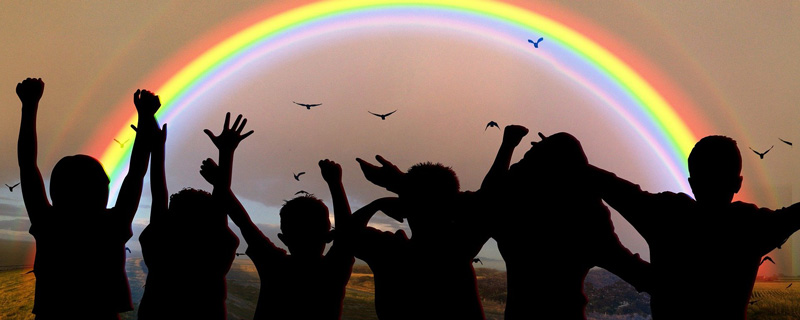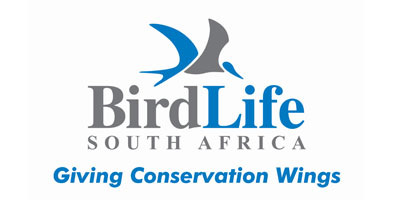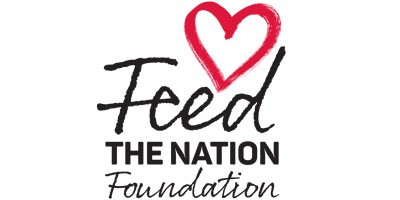National Children’s Day is a reminder of the rights of our children and a time to consider and commit to them afresh in our own families, schools, the wider community and as a nation.
According to our Constitution, these rights serve to protect our children from neglect, abuse or degradation and establish a standard of care for them, entitling them to basic nutrition, shelter, health care and access to social services. If we are aware of these rights being violated, this can be reported on the Child Help Line 0800 055 555.
From a proactive point of view, we can also think about what we can do as parents, caregivers and community members to promote holistic education for our children. Young people need an environment that stimulates the development of all of their capabilities – intellectual, physical, creative, emotional and spiritual. Providing opportunities to foster empathy and compassion is also vital to their overall growth and readiness for life.
True education passes on a love of learning to children so that they start to take responsibility for their own learning and growth. In her book, Growth Mindset, Carol Dweck explains, “If parents want to give their children a gift, the best thing they can do is to teach them to love challenges, be intrigued by mistakes, enjoy effort and keep on learning…they will have a lifelong way to build and repair their own confidence.” Parents and care givers can take advantage of the natural curiosity and energy of children to lead them in many of the joys of learning. If we create supportive environments with a healthy balance of structure and freedom where children can safely express their own ideas and take risks, they will grow to be strong, thinking individuals. Encouraging exploration indoors and outdoors is a non-pressured way to facilitate growth, especially in group settings which also fosters collaboration.
Here are a few examples of activities and tips that contribute to the holistic development of children:
- organise scavenger hunts, particularly for objects in nature such as shells, leaves, flowers, branches, bugs and seeds
- demonstrate the joy of discovery when you happen upon something interesting such as a fun piece of music or a beautiful sunset
- provide children with easy-to-reach material for arts and crafts and other creative projects
- give children access to a wide variety of books that introduce them to many and varied subjects and read stories to them to spark their imaginations and increase general knowledge
- allow children the opportunity to discover the joy of making music, singing, acting and dancing
- encourage children to record and process their experiences by taking photographs, drawing pictures or writing about them
- cultivate problem-solving skills by asking children to help you with various tasks such as planning the layout of their bedroom, navigating the way home or making a recipe from scratch
- organise non-pressurised group activities for children to play together or work together on satisfying tasks such as building a fort or going on a camping trip
- explore cultural inheritance and differences with children and encourage them to share different aspects of their culture through food, dress and music
- play card games and board games together
- plant and look after a garden together
- plan and enjoy a picnic outdoors
- teach children to ride a bicycle and how to be safe on the road
- teach children to swim and safely enjoy the water
- encourage children to be generous by picking flowers to give to a friend who is ill or baking something for a neighbour
- go on trips to uncover different world-views and engage with diverse communities
- model the value of quiet time, meditation and faith
- create opportunities for children to connect with grandparents, aunts, uncles and cousins
For more ideas take a look at https://fatmumslim.com.au/32-fun-family-activity-ideas-together/ and https://www.parents.com/kids/education/7-ways-to-educate-your-children-outside-the-classroom/?slide=slide_68d2e752-6cb2-4037-ad2d-00f032f152be#slide_68d2e752-6cb2-4037-ad2d-00f032f152be
Image credit: Gerd Altmann
References
Dweck, C. (2012). Mindset. Constable & Robinson.



















